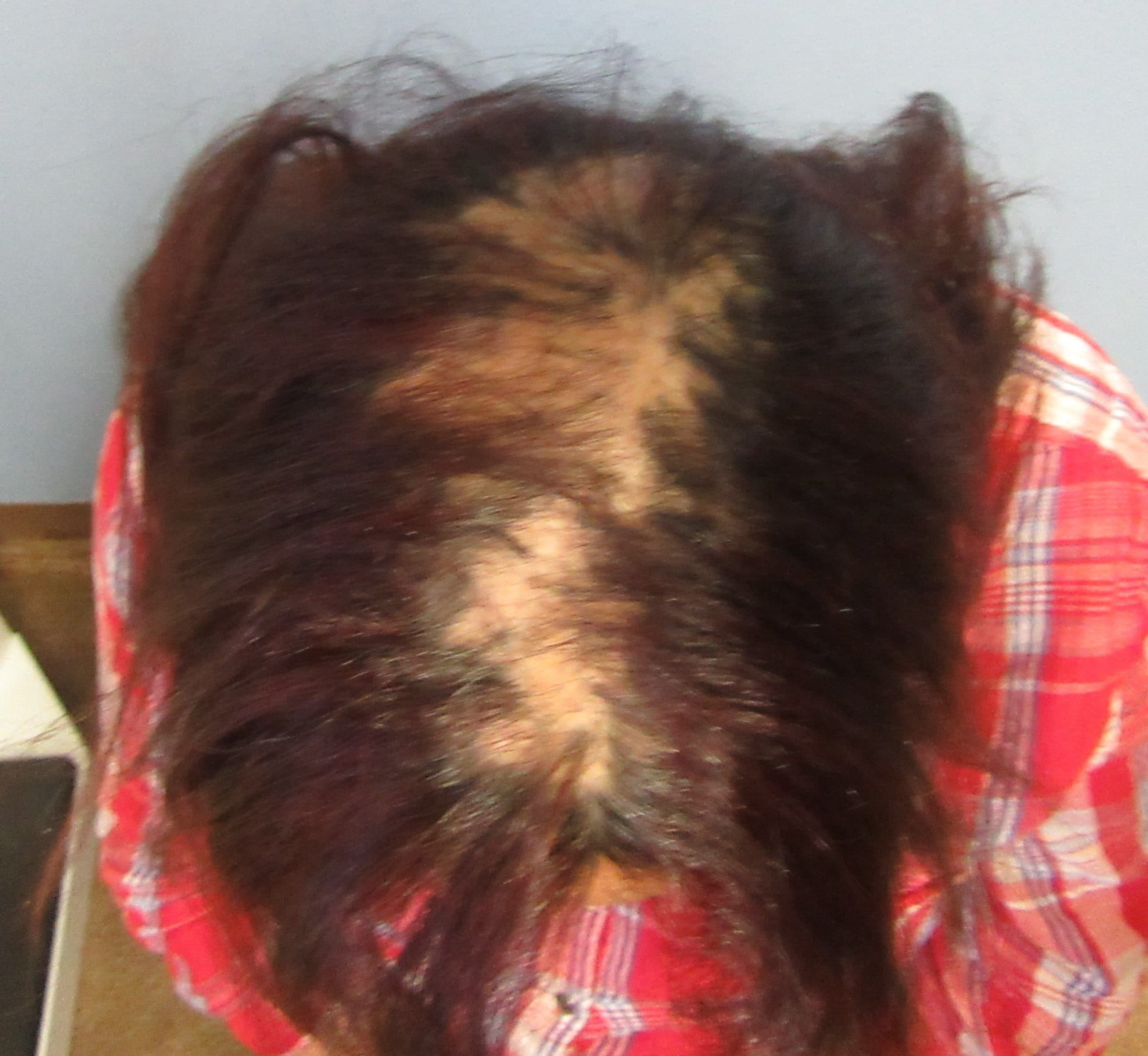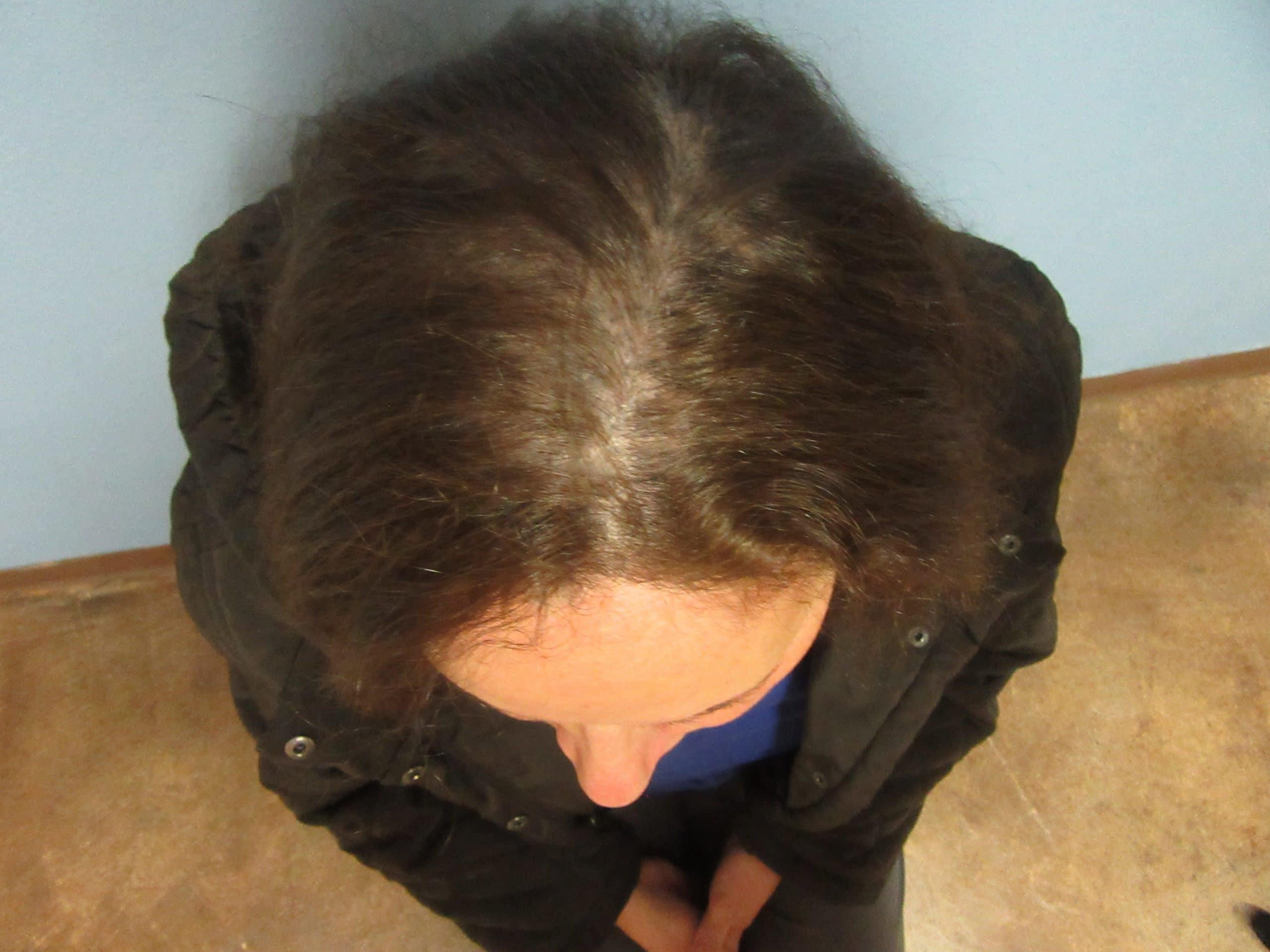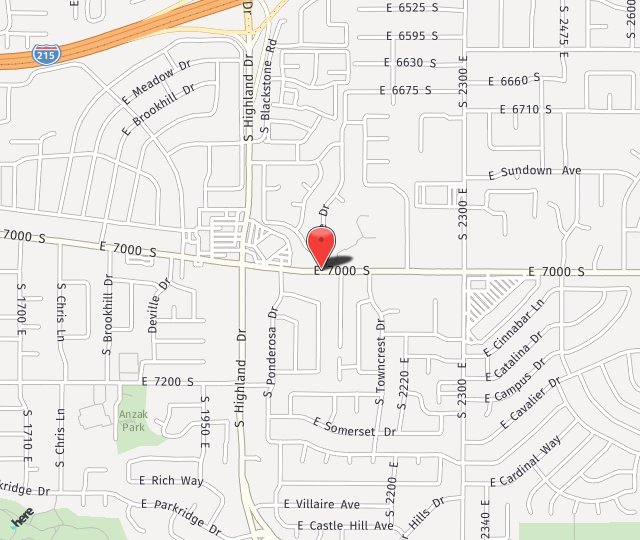As a female, when we're young we quickly learn that our hair is an extension of our personality. It says we're pretty. It says we're soft. But it’s also an indicator of health and state of mind. Hair is one of the wonders of being a woman. And if the eyes represent the windows to the soul, then our hair represents the grand facade.
One thing you should know is that you're not alone. Millions of women suffer from many varieties of hair loss. The great news is that thousands are taking control, taking their lives back, and growing to love themselves again through the life-changing results of surgical hair transplants -- the only permanent hair loss solution. These very same women have professed to spending countless years, and countless tears, on miracle hair creams, hormone therapy, holistic medicine, even hair wigs, and have finally realized that a hair transplant was the best result all along. Dr. Zufelt has spent years studying female hair loss. He knows how to tailor a plan specifically to your medical needs. His proven treatment methods will solidify your place as a leading lady.
You may be losing your hair, but you don't have to lose hope. A great resource for women A Comprehensive Resource on Women's Hair Loss written by Dr. Matt L. Leavitt!


Hair loss in women is not discussed nearly as frequently as hair loss in men, yet it is a very common occurrence, affecting as many as 30 million women in the United States. Hair loss can occur as a result of aging, heredity, medications or an underlying medical condition, and can affect women of all ages. It may result in a higher than normal hairline, pattern baldness, patchy spots or thinned hair toward the back of the head. Most women are troubled by this undesired change in appearance and may experience frustration, embarrassment or more severe psychological distress due to this condition.
The patterns of hair loss are typically different in women than men. Men often experience a receding hairline at the front of the scalp or loss of hair at the crown. In women, the hair loss or thinning tends to take place toward the top of the scalp, across a fairly large portion of the head. Their parts grow wider and the scalp becomes more visible if the hair is not arranged precisely. Hair loss typically begins to be evident in women in their 50s or 60s, but may be experienced earlier.
Causes of Hair Loss in Women
In order to properly diagnose the cause of female hair loss, the physician must take a personal history and perform a full medical examination. In addition, blood tests may be administered to determine whether the hair loss is caused by another underlying medical condition. Once the reason for the hair loss is determined, an effective treatment plan can be developed, tailored to the patient's particular circumstances.Depending on the cause, extent, and location of the hair loss, treatment options may include medication, laser or ultraviolet light therapy, or a surgical hair transplant.
Hormone Changes
Common times for hair loss in women are when there are significant changes in hormone levels, as in the months after giving birth and during menopause. The hair loss which may follow childbirth is almost always temporary.
Traction Alopecia
Improper hair care is a frequent cause of hair loss in girls and women. When the hair is pulled tightly onto hair rollers or into certain hair styles, or when harsh chemical dyes or treatments are used, the scalp can be damaged and even permanently scarred, causing hair loss.
Alopecia Areata
Alopecia areata is a condition in which individuals experience round patches of hair loss. Its exact cause is unknown, although research suggests it is an autoimmune disorder with a genetic component.
Androgenetic Alopecia
Androgenetic alopecia is the medical term for so-called male-pattern baldness, which can occur in women as well as men. While it is often an inherited condition, other factors may influence androgenetic alopecia such as hormones and aging.
Telogen Effluvium
During the third stage of hair growth, known as telogen, hairs are shed in preparation for new growth. For unknown reasons, growing hairs may be shocked into a dormant state, typically as a result of a psychic trauma, resulting in excessive hair loss.
Other Causes of Hair Loss in Women
Like men, women may also suffer hair loss due to a number of other causes. At times, such causes may result in only temporary hair loss or may be curable when the underlying disorder is addressed. Such causes may include:
- Fungal infections of the scalp
- Severe infections or high fevers
- Poor nutrition, fad dieting or eating disorders
- Certain medications
- Trichotillomania, compulsive pulling of one's own hair
- Thyroid or pituitary disorders
- Certain skin disorders, such as eczema or psoriasis
- Autoimmune diseases, such as lupus
- Chemotherapy or radiation therapy
Treatment of Hair Loss in Women
Depending on the cause, extent, and location of the hair loss in women, there are several treatment options available. These include medications, such as Minoxidil, medicated shampoos and conditioners, laser or ultraviolet light therapy, and surgical hair transplants. A great many women are content to live with minor hair loss, or to wear wigs or decorative head coverings.







